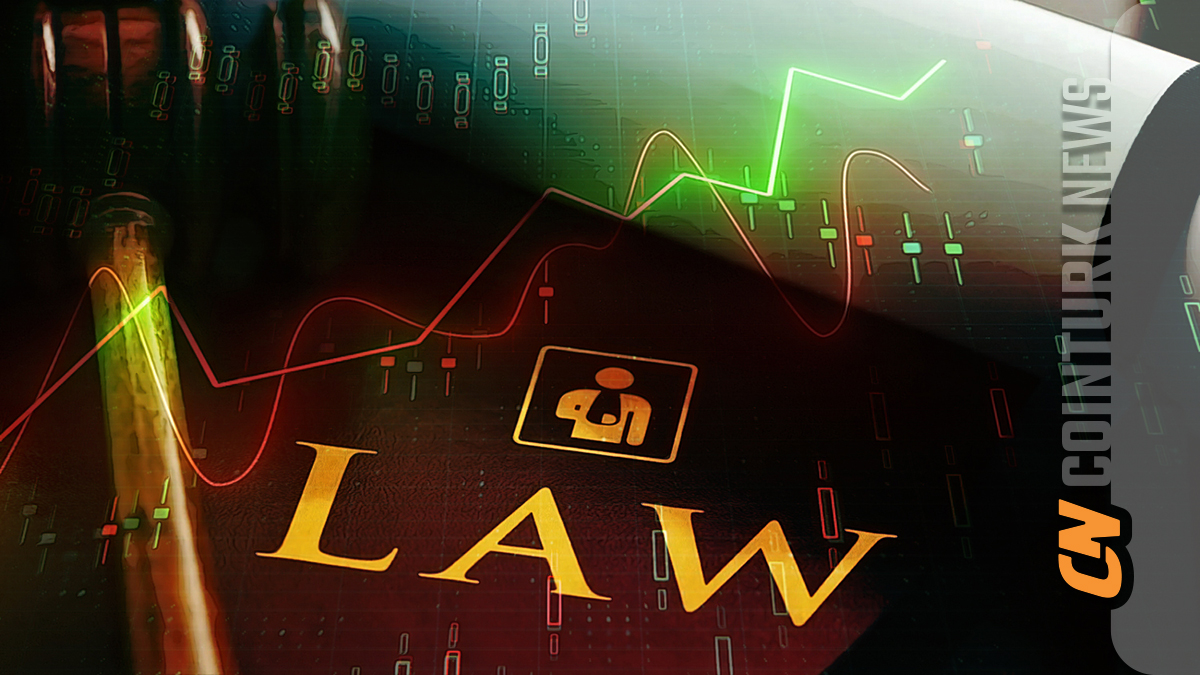Bitcoin halving is just hours away, and as the block reward halving approaches, buyers are notably unenthusiastic. The next 12-18 months will see high volatility, and BTC is likely to reach its cycle peak. However, there are other important matters besides price, such as the legal status of cryptocurrencies.
Cryptocurrency and Regulations
Blockchain analysis firm Merkle Science’s policy director Natalia Latka discussed the indirect effects of the upcoming Bitcoin halving on regulations. So far, we have not seen comprehensive rules regulating cryptocurrencies, including Europe’s MiCA. There is no such legislation in effect. Many countries have not moved beyond the preparatory stage for years, and the US has suspended bill discussions ahead of upcoming elections.
Natalia in her latest assessment stated;
“Although regulations or regulators’ approach may not be directly affected, market dynamics influenced by halving events can indirectly impact regulatory matters, particularly in areas related to market stability and investor protection.”
Another key issue is evolving with a focus on environmental protection alongside investor protection. Criticisms we were more accustomed to in 2021 were related to miners’ energy use. Natalia Latka says about this;
“Bitcoin’s halving could also affect energy consumption. With the reduction in rewards given for mining, less efficient miners may be pushed out of the market, potentially leading to a concentration of mining activities among larger players. This could attract regulatory scrutiny regarding the environmental impacts of PoW [proof-of-work] and lead to regulations focused on sustainability.”
US Laws Remain Unclear
Attorney Andrew Balthazor focuses on the ambiguity of US laws regarding crypto. Currently, even government agencies are conflicting internally due to this uncertainty. We have seen many instances of disagreement between the SEC and the CFTC where one says white and the other says black.

“Despite a general consensus that Bitcoin is not a security, there is still no clarity in the US. You cannot definitively say whether Bitcoin, Ether, or any cryptocurrency is this or that. We tend not to have many court decisions that definitively state that crypto tokens are always a security. Therefore, we have some contradictory lower court decisions in the US that are not binding on other courts. The problem is this. The absence of clear and definitive guidelines means that businesses often find themselves navigating a regulatory minefield, unsure if their operations comply with current or future interpretations of the law.”


 Türkçe
Türkçe Español
Español











